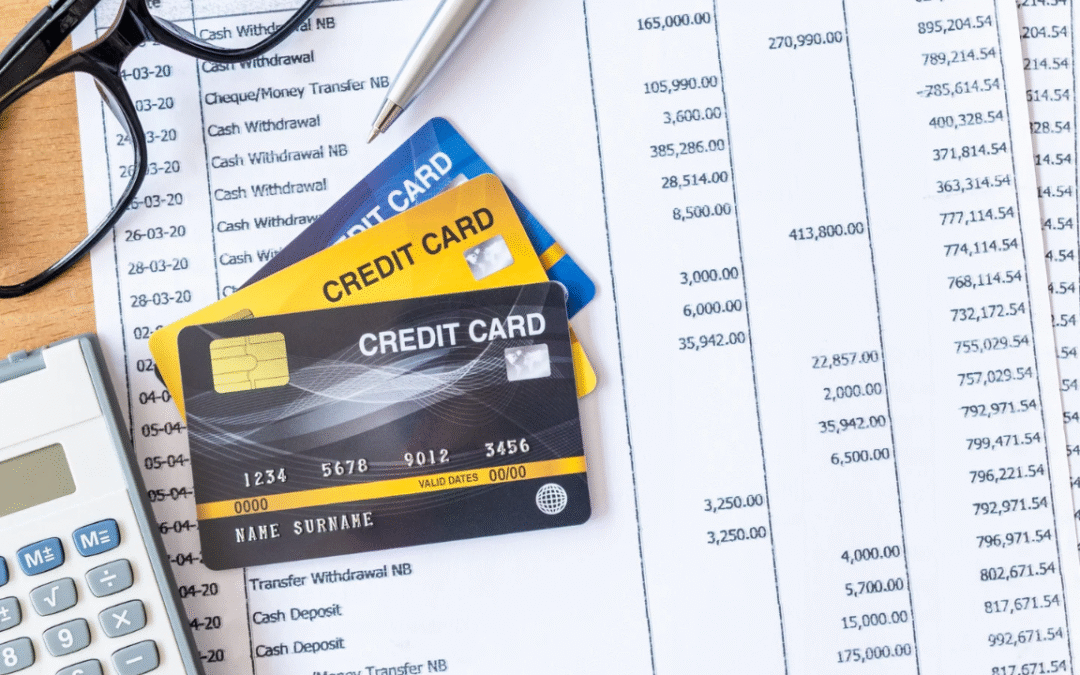You’ve got the cash. Your account shows millions. But the embassy still says no.
“Insufficient proof of funds.”
“Not convinced you can support yourself abroad.”
“Financial history doesn’t match your travel purpose.”
Sound familiar?
One of the top reasons visa applications are denied—especially for Africans—is a poorly structured bank statement. And it’s not always about the amount. It’s about how the money entered, how it moved, and how long it’s been there.
At Loyalty Travels and Logistics Ltd, we help clients clean up their financial presentation before applying. Here’s what you need to know about your bank statement—and how to make it visa-ready.
What Embassies Are Really Looking For
Embassies don’t just want to see a fat balance. They want to be convinced that:
- The money is yours or from a legal, traceable source
- It has been sitting in your account long enough (usually 3–6 months)
- You have a stable financial life
- You’re not likely to become a burden or overstay
That means who gave you the money, how it came in, and how you manage it matters more than how much it is.
Common Bank Statement Mistakes That Lead to Rejection
1. Sudden Big Deposits Before Visa Submission
You had ₦120k in April, then suddenly ₦5 million shows up in May.
Embassies call this “sponsorship laundering.” If you don’t explain it with documents, you’ll likely be rejected.
2. No Proof of Income Flow
Balance is high, but there’s no regular salary, business, or transaction activity.
This suggests the money is borrowed, not earned.
3. Fake or Edited Bank Statements
This will not only get you rejected—it can get you blacklisted for life. Embassies now verify directly with banks or use barcode scans to detect fraud.
4. Mismatch Between Bank Details and Application Info
Your visa form says you’re a fashion designer, but your bank shows zero business activity or even another person’s name.
Inconsistencies raise red flags.
5. Using Someone Else’s Statement Without a Strong Link
If your uncle, friend, or pastor is sponsoring you, you need:
- A sponsorship letter
- Their proof of relationship to you
- Their own proof of income
Not just their account printout.
What a Visa-Ready Bank Statement Should Look Like
- At least 3–6 months of transaction history
- A consistent inflow that matches your declared source of income (salary, business, etc.)
- No sudden, unexplained deposits
- Name matches your passport or comes with sponsorship documentation
- For students: statement shows enough for tuition + living costs
- For tourists: shows spending power and proof of return
For the UK, Canada, Schengen, and Ireland, most embassies prefer statements from commercial banks, not microfinance or online-only platforms.
How Loyalty Travels Helps You Avoid Rejection
We:
- Review your statement line-by-line before submission
- Guide you on what to add, move, or clarify
- Help draft sponsorship letters or proof of income
- Flag red zones (e.g., inflow inconsistencies or unclear sources)
- Offer alternatives if your account isn’t ready (like education bonds, escrow explanations, or credible sponsors)
Don’t get rejected over avoidable money issues.
Final Thoughts
Your bank statement tells a story. If that story feels fake, rushed, or unclear—your visa will suffer.
Money in your account isn’t enough. Clarity, consistency, and credibility are what win.
Let Loyalty Travels and Logistics Ltd help you build a financial profile embassies trust.

